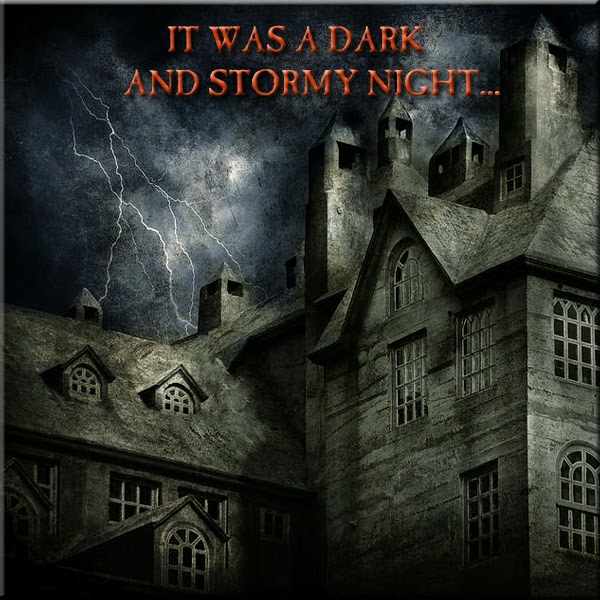Horrific Writing by giraffmang |

Why do people read horror stories? It’s more than just entertainment. It may not even be for enjoyment. Many do it for the rush of adrenaline it provides… when written well. Never underestimate the element of fear intensity. It should be a driving force of the horror story. There are many ways to incorporate fear into the work. Fear which resides with a logical or biological basis can often be the most intense for the reader. It lends itself more easily to identification, and, therefore, heightened emotions. Darkness, heights, snakes, and spiders are all instinct-based phobias and ripe for the plundering by a skilled horror writer. They possess a strong ability to scare the readers. However, these things are not enough to produce a good horror story. What follows are common missteps which a seasoned writer tries to avoid. 1 - Avoid rushing to the good part. Don’t be in a rush to get to that terrifying aspect of the story. Remember that horror is an emotion and that is what you want to play around with. If you lay good groundwork for the reader, the pay-off will be so much better. Layer the work so there are hints and clues. You need to build suspense and tension and create a suitable atmosphere. A good horror story isn’t just about the scares, the gory parts, or the reveal. It’s about how you take the reader on an emotional journey. If you want your story to deliver the punch you hope for, spend the time developing the characters, the setting, and the atmosphere. 2 - Do your research. Whilst the story is your idea, always keep in mind the logic of the piece and provide the reader with the right environment. What this means is that everything must keep the reader invested in the story. If you hop about from location to location or blend locations, you can lose the reader. If using real world environments, do your research so everything is right. Keep the logic straight and the geography right. Why would aliens land on a planet two-thirds full of water when it’s deadly to them (thank you ‘Signs’!) or Robin Hood land in Dover then travel across Hadrian’s wall to get to Sherwood when it’s way further north (thank you Robin Hood: Prince of Thieves’!). 3 - Remember the conflict & structure. It doesn’t matter how fantastical or outlandish the story itself may be, it still needs to conform to basic story-telling elements. They may be skewed somewhat but need to be there. Rooting the tale with logic and elements of believability will pay dividends come the end. It’s the journey, so make it understandable and relatable. For the intensity of passions you wish to evoke succeed, stick to the traditional story arc – set-up, confrontation, climax & denouement. If the story lacks these elements, the reading can become tedious, and you may be in danger of losing the reader. 4 - This one should be self-evident – avoid using cliches. This is true of all writing. You can get away with using them in dialogue but do so sparingly. Cliches are basically a cheat, and every effort should be made to eliminate them from your story. They amount to lazy writing and hold little value. Be inventive, but make sure your description works and are in keeping with the tale being told. This avoidance of cliches should also be applied to setting. Yes, there are certain tropes people expect to find in stories but relying on two dimensional familiar characters usually makes the work uninventive and, worse, predictable. 5 - Remember to edit. Editing is the lifeblood of your story. It’s a lot of effort and time but well-worth it in the end. In this phase, you can be vigilant for the things we’ve already discussed above. It allows you to trim away the excess, anything which distracts from the movement, pace, tone, or feel of the piece. Remember, with horror, it is not about your wonderful writing, turn of phrase, or clever thinking. It’s about the journey the reader takes. It’s playing on their emotions in a way that no other genre does. If the ‘filler’ isn’t removed, the story won’t have the impact it should. The emotional intensity will be diminished. What will happen is that the reader will most likely become entangled in unnecessary descriptions and lose that all-important adrenaline rush. In conclusion: - Don’t rush the work. - Remember tone and atmosphere. - Make it believable where you can. - Develop the setting and characters. - Scare the sh** out of the reader. Good luck.
|
| ©
Copyright 2025.
giraffmang
All rights reserved. giraffmang has granted FanStory.com, its affiliates and its syndicates non-exclusive rights to display this work. |



